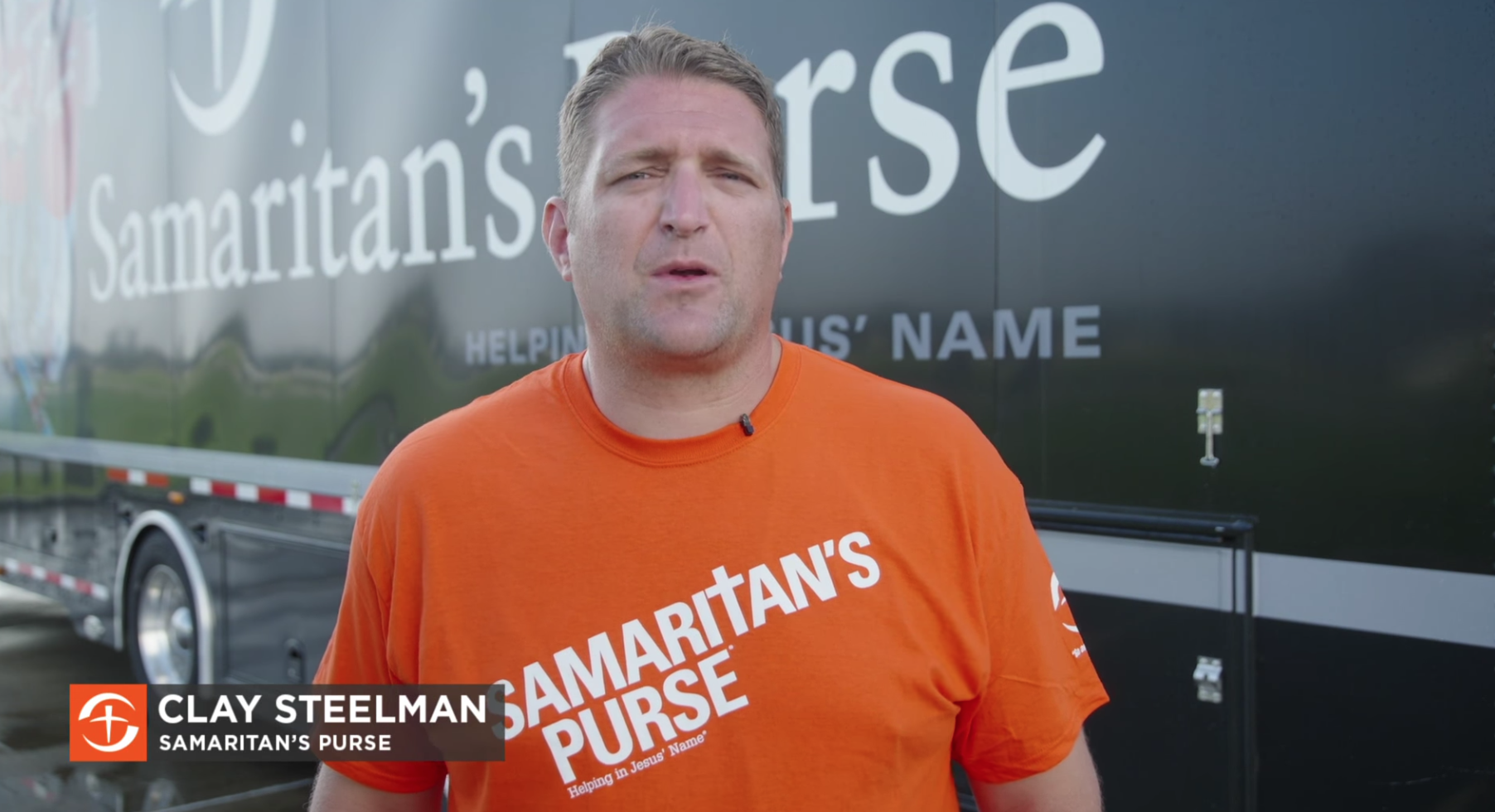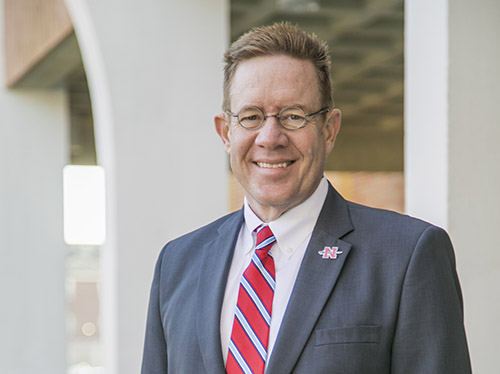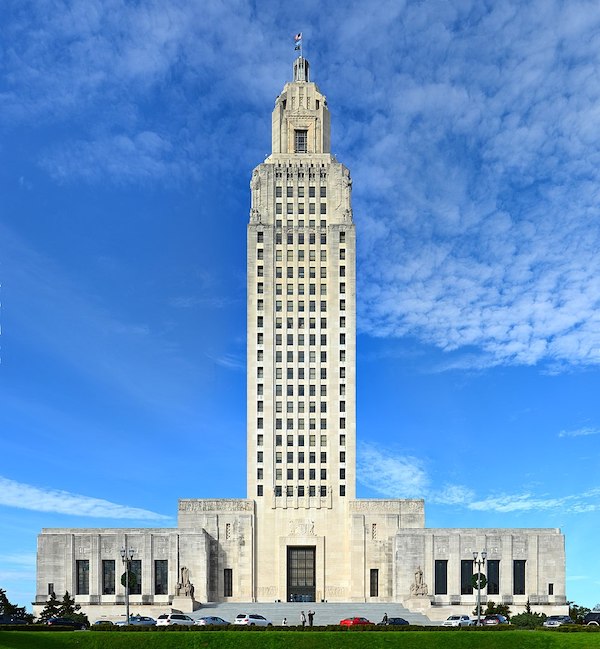
Samaritan’s Purse Disaster Relief Accepting Work Requests and Seeking Volunteers
September 4, 2021
Nicholls President Dr. Jay Clune’s Latest Recovery Update
September 4, 2021FEMA released a fact sheet on September 4 that warns the public of fraud that may be out and about during a time of disaster.
Survivors need to be aware that con artists may try to obtain money for services or even personal information through fraud, scams, and identity theft. In some cases, FEMA reports that thieves try to register with FEMA using names, addresses, and Social Security numbers they have stolen from survivors.
Phony Property Inspections:
- Be on alert if someone asks for your nine-digit registration number. FEMA inspectors will never ask for this information because they already have it in their records.
- No government assistance official will call you to ask for your financial account information. If you doubt a FEMA representative is legitimate, hang up and call the FEMA Helpline at 800-621-3362 to report the incident.
- Housing inspectors never charge an inspection fee.
Phony Building Contractors:
- FEMA does not hire or endorse specific contractors to fix homes or recommend repairs. A FEMA housing inspector’s job is to verify the damage.
- Always hire a reputable engineer, architect, or building official to inspect your home. An unethical contractor may create damage to get work.
- When in doubt, report any suspicious behavior to your local authorities.
FEMA Disaster Assistance:
- Federal and local workers do not solicit or accept money. Don’t trust anyone who offers financial help and then asks for more or personal information.
- Do not disclose information to any unsolicited telephone calls and e-mails claiming to be FEMA or a federal employee. FEMA will not contact you unless you have called FEMA first or applied for assistance.
- FEMA representatives will ask for social security and bank account numbers when you apply and may ask for them again after you apply. Be cautious when giving this information to others who ask for it. Scam artists may pose as government officials, aid workers, or insurance company employees.
- Ask for I.D. badges. All FEMA representatives carry an identification badge with a photograph. A FEMA shirt or jacket is not proof of identity.
Blue Roof Program:
- Blue Roof representatives never solicit your participation, nor will they ask for social security, bank account numbers, or any compensation for service. You must apply for the Blue Roof Program and complete a Right of Entry Form.
To report scams, fraud, and identity theft, contact FEMA’s toll-free Disaster Fraud Hotline 866-720-5721, contact the Office of Attorney General Consumer Protection Section at P.O. Box 94005, Baton Rouge 70804-9005 fax: 225-326-6499, visit Louisiana State Licensing Board for Contractors at https://lslbc.louisiana.gov/, or your local authorities.
For the latest information on Hurricane Ida, visit fema.com/diaster/4611 or follow FEMA Region 6 on Twitter.






